Hard-wired smoke detectors are an integral part of home safety measures, designed to alert occupants to the presence of smoke and potential fire hazards. While battery-operated units can be easily removed, the process involved in disconnecting a hard-wired smoke detector is more complex. This article seeks to offer concise and easy-to-follow guidance on safely disconnecting a hard-wired smoke alarm. Furthermore, it emphasizes the crucial role these devices play in ensuring a secure living space.
What Is A Hard-Wired Smoke Detector?
A hard-wired smoke detector refers to a smoke detector that has been seamlessly integrated into your home’s electrical wiring system, ensuring optimal functionality and reliability. It runs on electricity and typically connects to other detectors throughout the house, allowing for more efficient detection of smoke and fire hazards. Hard-wired detectors are usually required in new homes or when remodeling an existing home.
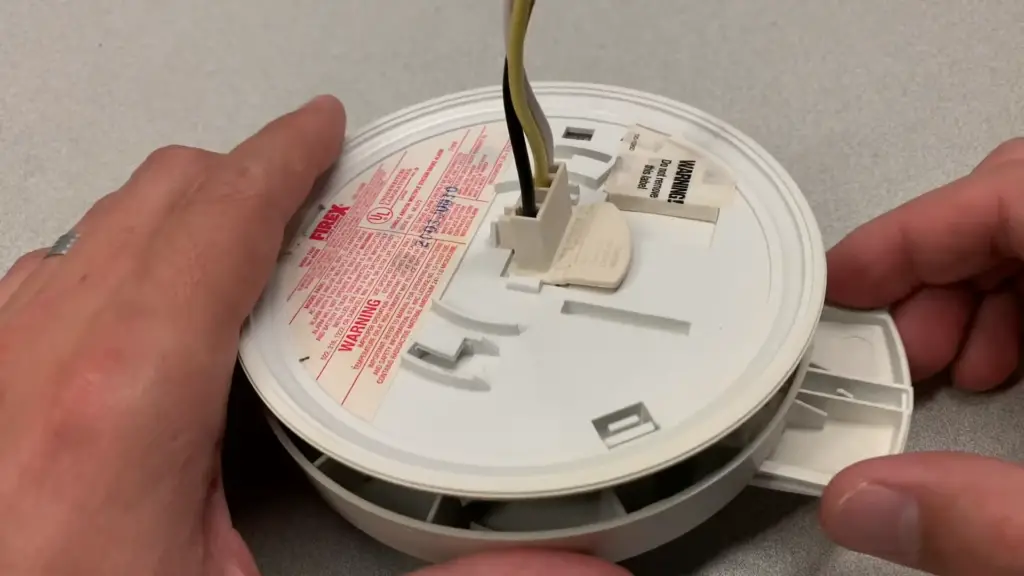
What Are The Benefits Of Installing A Hard-Wired Smoke Detector?
One of the primary advantages of installing a hard-wired smoke detector is its ability to promptly and effectively detect smoke. This ensures efficient and rapid response for the safety of your home or property. Because the wiring connects all the detectors in your home, the alarm will sound throughout your entire house if one goes off. This allows for faster evacuation or response time in case of a fire. Additionally, hard-wired smoke detectors are usually equipped with backup batteries that will still work in the event of a power outage.
Can You Unplug A Hard-Wired Smoke Detector?
It is highly advised against unplugging a hard-wired smoke detector as doing so can potentially lead to wiring issues or completely disable the alarm system. If you discover that your smoke detector is malfunctioning or requires replacement, it is advisable to seek the assistance of a professional electrician. They can safely remove the detector and install a new one, ensuring your safety and peace of mind. [1]
What Should You Do If Your Smoke Detector Is Malfunctioning?
If your smoke detector is malfunctioning, it’s important to take action to prevent potential harm in the event of an emergency. The most important step is to replace the malfunctioning smoke detector with a new one, either hard-wired or battery operated depending on your home’s setup.
When replacing a smoke detector, it’s crucial to inspect and test any existing wiring before beginning work. If you’re unsure about how to do this, contact a licensed electrician. They can help you determine if your wiring is safe and in good working order.
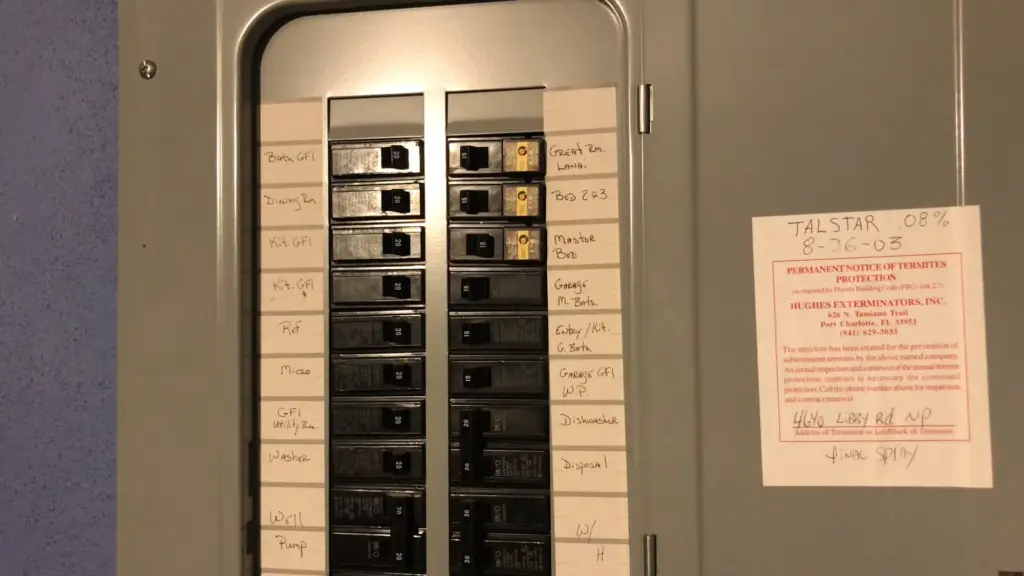
For battery operated smoke detectors, you should replace the old batteries with fresh ones and check that all wiring is securely connected to the unit. Again, make sure to follow any installation instructions included with the unit.
It’s also a good idea to test your smoke detector after installation. To do this, press and hold the test button on the unit for a few seconds. If your smoke detector is functioning properly, it should sound an alarm when tested.
Finally, make sure to check and replace batteries in all smoke detectors regularly and adhere to any maintenance instructions given by the manufacturer. Taking these steps can help ensure that your home is protected in case of a fire or other emergency situation. [2]
What Types of Smoke Detectors Are Available?
Smoke detectors are available in various styles, such as hard-wired and battery-operated models. Hard-wired smoke detectors are permanently connected to your home’s electrical system, while battery-operated ones need occasional battery replacement. Regardless of your preference, it is crucial to ensure that your smoke detector is of the utmost quality and complies with all safety standards.
When purchasing a new smoke detector, be sure to look for models that have features like photoelectric sensors, ionization sensing technology, and hush buttons. This can help ensure you get the best protection possible for your home.
Smoke detectors are also available in a wide range of colors, styles, and sizes to fit any decor or space. It’s important to choose one that is both stylish and effective so that you can be sure your home is always protected.
No matter what type of smoke detector you choose, it’s important to follow all installation and maintenance instructions for the product. This can help ensure that your smoke detector will work properly and protect your family from potential harm in an emergency situation.
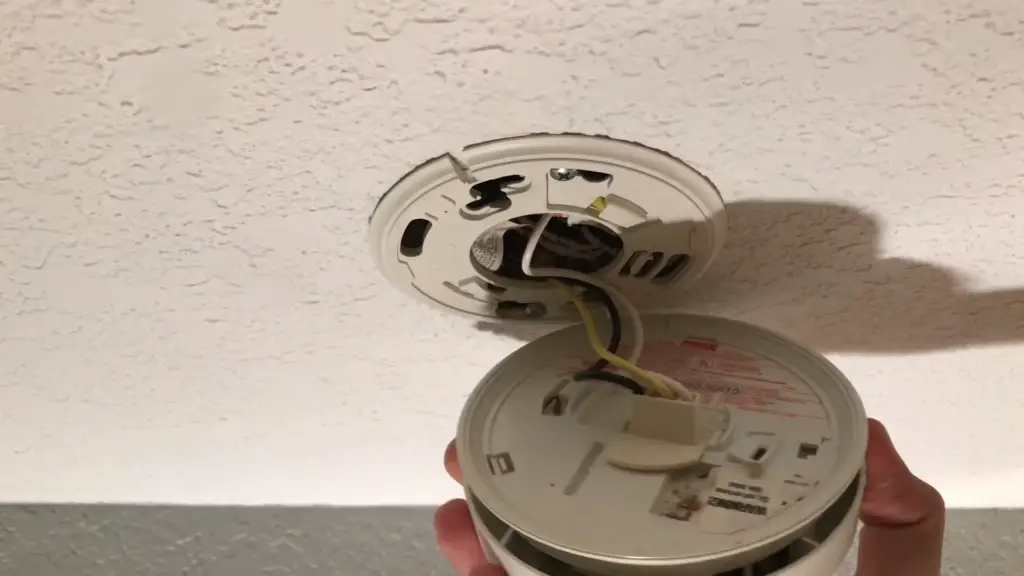
Care And Maintenance Of Your Hard-Wired Smoke Detector
Your hard-wired smoke detector plays a crucial role in safeguarding your home’s safety. However, it requires proper care and maintenance to ensure optimal functionality.
First, make sure to regularly test your smoke detector. Most models have a button or switch on the unit that allows you to quickly test the alarm. Be sure to press and hold the button for a few seconds to ensure that the alarm is working properly.
It’s also important to check your smoke detector’s wiring on a regular basis to make sure it’s in good condition. If you’re unsure about how to do this, contact a licensed electrician for help.
Finally, remember to clean your smoke detector’s sensors and housing regularly. Dust and debris can build up in these areas and prevent the alarm from working properly. Use a dust cloth or vacuum cleaner to gently remove any dirt or buildup from your smoke detector’s sensitive parts. [3]
Steps To Take Before Unplugging A Hard-Wired Smoke Detector
Unplugging a hard-wired smoke detector is not something that should be done lightly. Before unplugging your unit, you should consider the following steps:
- Make sure to replace any malfunctioning smoke detectors with new ones. Choose either a hard-wired or battery operated model depending on your home’s setup.
- Inspect and test any existing wiring before unplugging your smoke detector. If you’re unsure about how to do this, contact a licensed electrician for assistance.
- Once the wiring is in good condition, proceed with unplugging the unit from the wall outlet or switch box it’s connected to. Be sure to use a voltage tester to check for live wires before doing so.
- If your smoke detector has a battery backup, remove the batteries and store them in a safe place until you’re ready to plug the unit back in.
- After unplugging your smoke detector, make sure to properly dispose of it according to local regulations.
Following these steps can help ensure that your hard-wired smoke detector is safely unplugged and disposed of. It’s also important to remember to replace any malfunctioning smoke detectors with new ones, even if you don’t intend to unplug them.
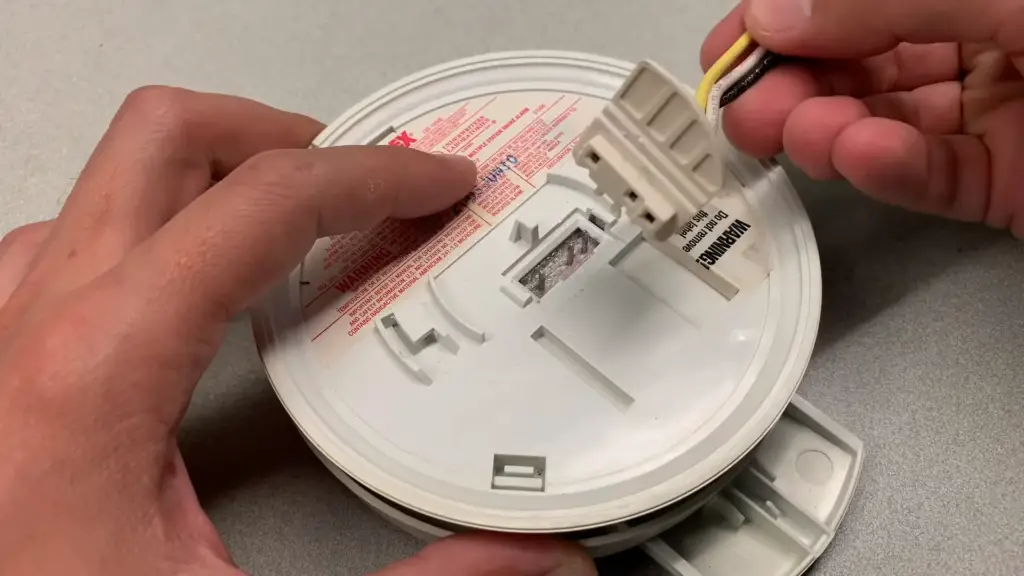
Is It Safe To Unplug A Hardwired Smoke Detector?
In most cases, it’s safe to unplug a hard-wired smoke detector as long as all the necessary steps are taken. However, before doing so, it’s important to make sure that any existing wiring is in good condition and that you use a voltage tester to check for live wires. It’s also important to replace any malfunctioning smoke detectors with new ones and follow all installation instructions that come included with your new unit. [4]
How Long Do Batteries Last In Hard Wired Smoke Detectors Without Power?
The amount of time that batteries last in hard-wired smoke detectors without power depends on the type and quality of battery used. Typically, good quality alkaline or lithium batteries can last up to a year without power. However, it’s still important to regularly check your smoke detector’s batteries and replace them when necessary.
Do Hard Wired Smoke Detectors Expire?
Hard-wired smoke detectors do not typically have an expiration date, but they can become outdated over time. The sensitivity of the detectors may decrease, leading to false alarms or a failure to detect fires. To ensure that your smoke detectors are working properly, it is recommended that you test them each month and replace any detector that is more than 10 years old. Additionally, if you notice any corrosion on the detector, contact a professional electrician to replace it.
In addition to replacing outdated detectors, you should also ensure that your smoke detectors are receiving the correct power supply. A hard-wired smoke detector needs to be connected directly to a power source in order for it to work properly. If the connection between the smoke detector and its power source is broken or loose, then the detector will not be able to detect fires properly. To prevent this from happening, make sure that all of your smoke detectors are connected securely and that the wiring is in good condition.
Another important factor in keeping your smoke detectors up-to-date is making sure they are clean. Dust and other debris can build up on the detectors and interfere with their ability to detect smoke. Regularly clean your smoke detectors using a dry cloth or vacuum attachment to remove any dust or debris.
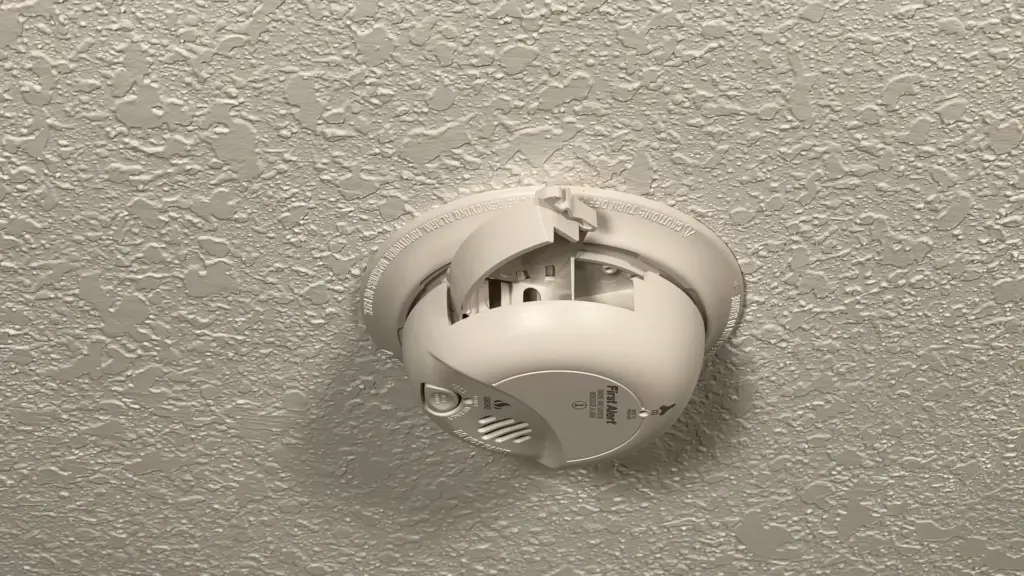
Finally, make sure that you are aware of any local laws or regulations regarding fire safety. Depending on where you live, you may be required to have certain types of smoke alarms installed in your home. Additionally, some states may require annual inspections of your smoke detectors. Be sure to stay up-to-date on any local laws or regulations that apply to you, and follow them closely.
Is It Better To Have A Battery Or Wired Smoke Detector?
The type of smoke detector you choose to install ultimately depends on your home and personal preferences. Both battery-operated and hard-wired smoke detectors are effective, but there are advantages and disadvantages to each option.
Battery-operated detectors are typically cheaper than hard-wired models, making them a cost-effective choice for those on a budget. They also require less installation work, since you don’t have to worry about wiring the detector into your home’s electrical system. However, battery-operated detectors require more maintenance as they need to have their batteries replaced every few months or so.
Hard-wired smoke detectors are more expensive than battery-operated models, but they also provide better protection. Because these detectors are connected directly to your home’s electrical system, they can provide continuous monitoring and will still work if the power goes out. Additionally, hard-wired detectors are much easier to maintain as you don’t have to worry about replacing batteries every few months.
When choosing between battery-operated and hard-wired detectors, it is important to consider both the cost of installation and long-term maintenance. The right choice for you will depend on your own needs and budget.
Why Do Hardwired Smoke Detectors Go Off At Night?
Hard-wired smoke detectors may go off unexpectedly at night for several reasons. One of the most common causes is a malfunctioning detector, which may be triggered by dust or other debris that has accumulated over time. Additionally, if the wiring between the detector and its power source is loose or broken, it can cause false alarms at night.
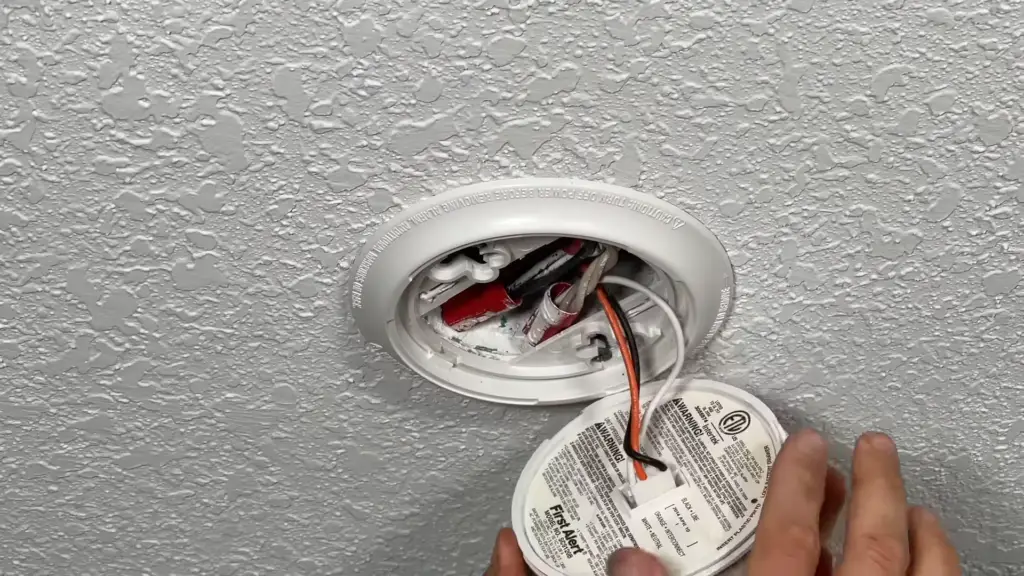
Another possible reason why your hard-wired smoke detectors may be going off at night is that the sensitivity of the detector has decreased over time. This can happen if the detector has become outdated or if it hasn’t been properly cleaned and maintained. Finally, some hard-wired detectors come with a white noise feature that may be activated at night, triggering false alarms.
If your hard-wired smoke detectors are going off unexpectedly at night, it is important to take action to investigate the cause. Start by dusting and cleaning the detectors, as well as checking the wiring between them and their power source. If that doesn’t resolve the issue, then consider replacing any outdated or malfunctioning detectors with new ones. Additionally, be sure to turn off the white noise feature on your detectors if it is activated.
Taking the time to properly maintain and inspect your hard-wired smoke detectors can help prevent unexpected false alarms at night and ensure that they are working properly. This can provide peace of mind for you and your family, knowing that you will be alerted in the event of a fire. [5]
What Are The Pros And Cons Of Hardwired Smoke Detectors?
Hard-wired smoke detectors offer several advantages over battery operated models, such as providing continuous monitoring and fewer chances of false alarms due to power outages. Additionally, hard-wired models are much easier to maintain since you don’t have to worry about replacing batteries every few months.
On the other hand, hard wired smoke detectors can be more expensive than battery operated models and require more effort to install as they need to be wired into your home’s electrical system. Additionally, if the wiring between the detector and its power source is loose or broken, it can cause false alarms or even prevent the detector from working properly.
How Do You Know If A Hard Wired Smoke Detector Is Bad?
There are several signs that indicate your hard-wired smoke detector may be faulty. One of the most common indicators is if it is triggering false alarms for no apparent reason. Additionally, you should periodically inspect your detectors for corrosion or other physical damage, as this can reduce their effectiveness. Finally, if the wiring between the smoke detector and its power source is loose or broken, the detector may not be able to detect fires properly.
FAQs
Can I unplug a hard-wired smoke detector?
No, you should never unplug a hard-wired smoke detector. Doing so could render the device useless and prevent it from detecting fires in your home.
What is the difference between a battery and hard-wired smoke detector?
Battery-operated detectors are typically cheaper than hard-wired models, making them a cost-effective choice for those on a budget. They also require less installation work, since you don’t have to worry about wiring the detector into your home’s electrical system. However, battery-operated detectors require more maintenance as they need to have their batteries replaced every few months or so.
Hard-wired smoke detectors are more expensive than battery-operated models, but they also provide better protection. Because these detectors are connected directly to your home’s electrical system, they can provide continuous monitoring and will still work if the power goes out. Additionally, hard-wired detectors are much easier to maintain as you don’t have to worry about replacing batteries every few months.
How often should I test my smoke detector?
It is recommended that you test your smoke detectors at least once a month. This involves pressing and holding the test button on the detector for several seconds, which will trigger an alarm to sound. Doing this regularly can help ensure that your detectors are in good working order and that they will alert you in the event of a fire. Additionally, be sure to dust and clean your smoke detectors at least once a year to keep them functioning properly.
What happens when a hard-wired smoke detector is unplugged?
If a hard-wired smoke detector is unplugged, it will no longer be able to detect fires in your home. Additionally, unplugging the detector can cause permanent damage and render the device useless. To ensure that your home and family are properly protected from fire, it is important to never unplug a hard-wired smoke detector.
Is it legal to disconnect a hard-wired smoke detector?
No, it is not legal to disconnect a hard-wired smoke detector in most areas. In many jurisdictions, it is illegal to tamper with or disable a fire protection device such as a smoke detector. Doing so could leave your home and family vulnerable to the threat of fire and can result in hefty fines or even jail time. For this reason, it is important to ensure that your hard-wired smoke detectors remain properly connected and functioning at all times.
Are there special considerations for multi-story homes?
Yes, it is important to take into account the size and layout of your home when installing a system of hard-wired smoke detectors. Many local ordinances require the installation of multiple detectors in larger homes with multiple stories, in order to provide optimal protection. Additionally, if your home has multiple levels, it is important to install detectors in each level as fires can spread quickly and you want to ensure that all areas of the house are protected.
Can I replace a hard-wired smoke detector with a battery operated one?
Yes, you can replace a hard-wired smoke detector with a battery operated one. However, it is important to note that this may not be the best option for providing optimal protection in your home. Battery-operated detectors are typically cheaper, but they require more maintenance due to needing fresh batteries every few months and may not always provide accurate readings if the power goes out. For this reason, hard-wired detectors are often preferred as they provide more reliable and continuous monitoring.
What are the signs that a hard-wired smoke detector needs replacement?
There are several signs that indicate a hard-wired smoke detector may need to be replaced. One of the most common indicators is if it is triggering false alarms for no apparent reason. Additionally, you should inspect your detectors periodically for corrosion or other physical damage, as this can reduce their effectiveness. Finally, if the wiring between the smoke detector and its power source is loose or broken, the detector may not be able to detect fires properly.
Useful Video: Stop A Smoke Alarm Chirping With 3 Quick Fixes
Conclusion
It is important to understand the differences between battery and hard-wired smoke detectors, and to know that unplugging a hard-wired detector can be dangerous and even illegal in some areas. Taking steps to maintain and inspect your smoke alarms regularly can ensure that they are functioning properly and providing adequate fire protection for your home. Additionally, if you suspect that a detector is faulty, it is important to replace it quickly to ensure that your family and home remain safe. By understanding the different types of smoke detectors available and taking proper precautions, you can help keep your home and family protected from the threat of fire.
References
- https://www.x-sense.com/blogs/tips/how-to-remove-a-hard-wired-smoke-detector
- https://yardandgardenguru.com/can-you-unplug-a-hard-wired-smoke-detector/
- https://conqelectric.com/can-you-unplug-a-hardwired-smoke-detector/
- https://sensemother.com/can-you-unplug-a-hard-wired-smoke-detector/
- https://digitalne.tv/how-to-disconnect-hard-wired-smoke-alarm/
- https://inauguralhomes.com/can-you-unplug-a-hard-wired-smoke-detector/





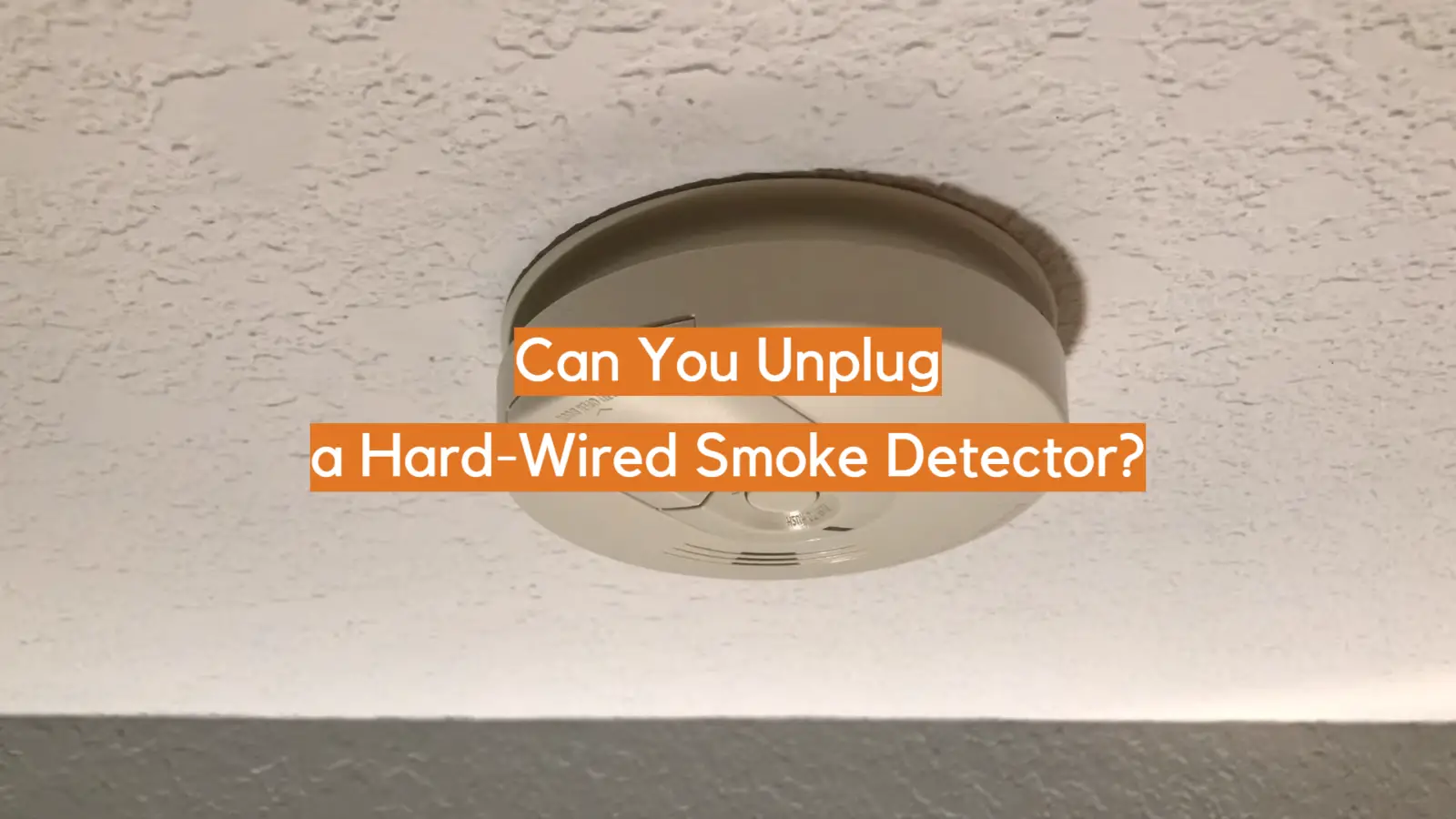


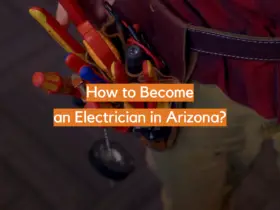

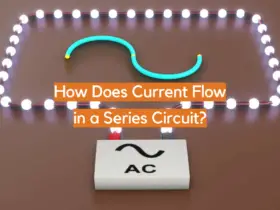

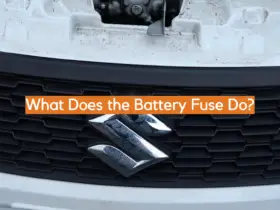

Leave a Reply